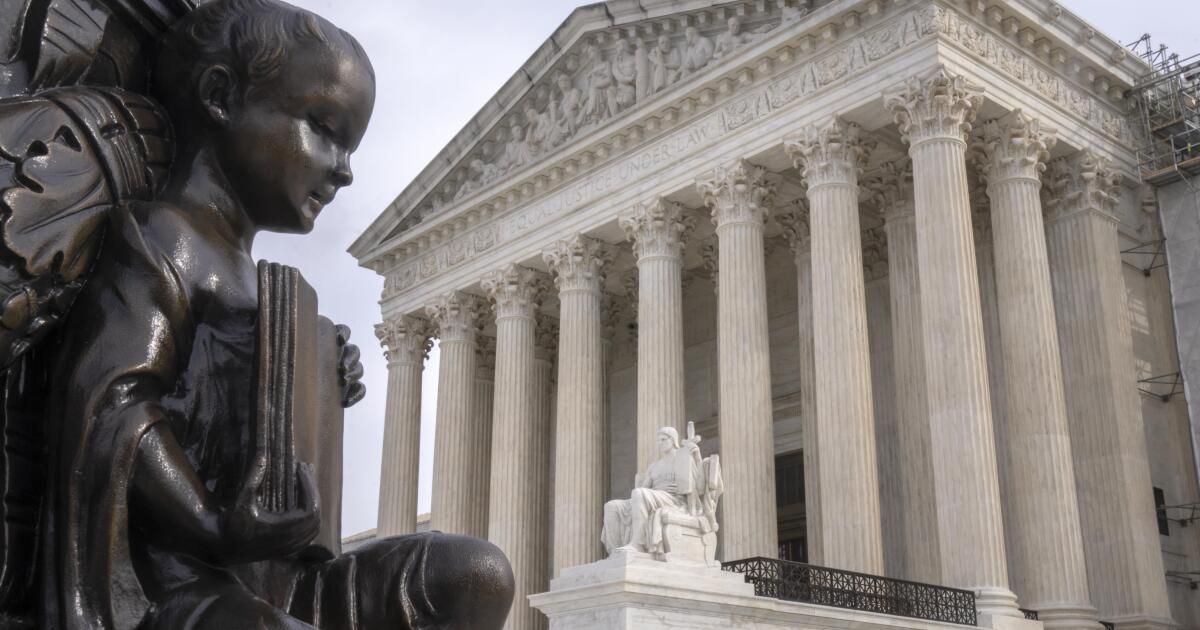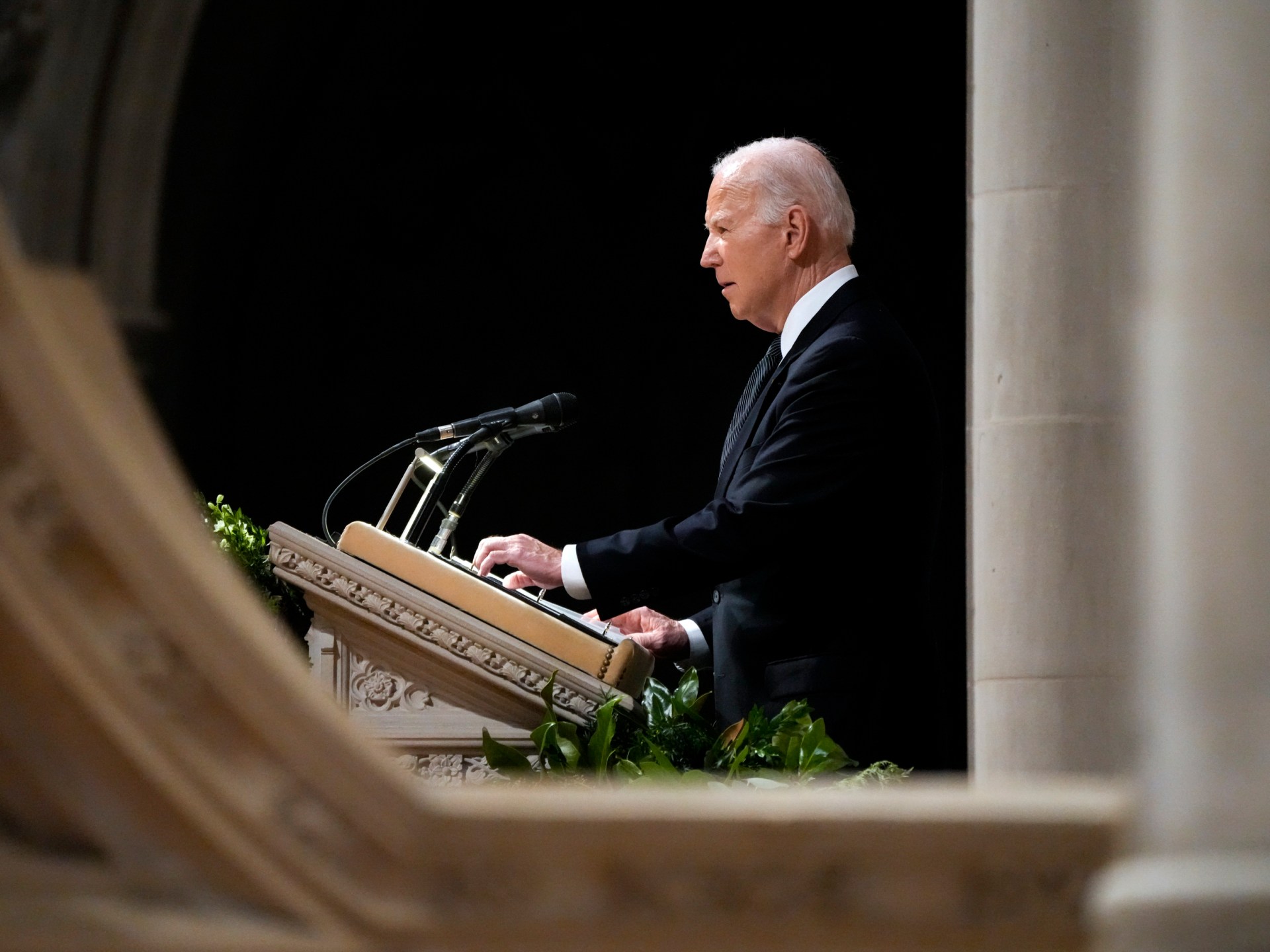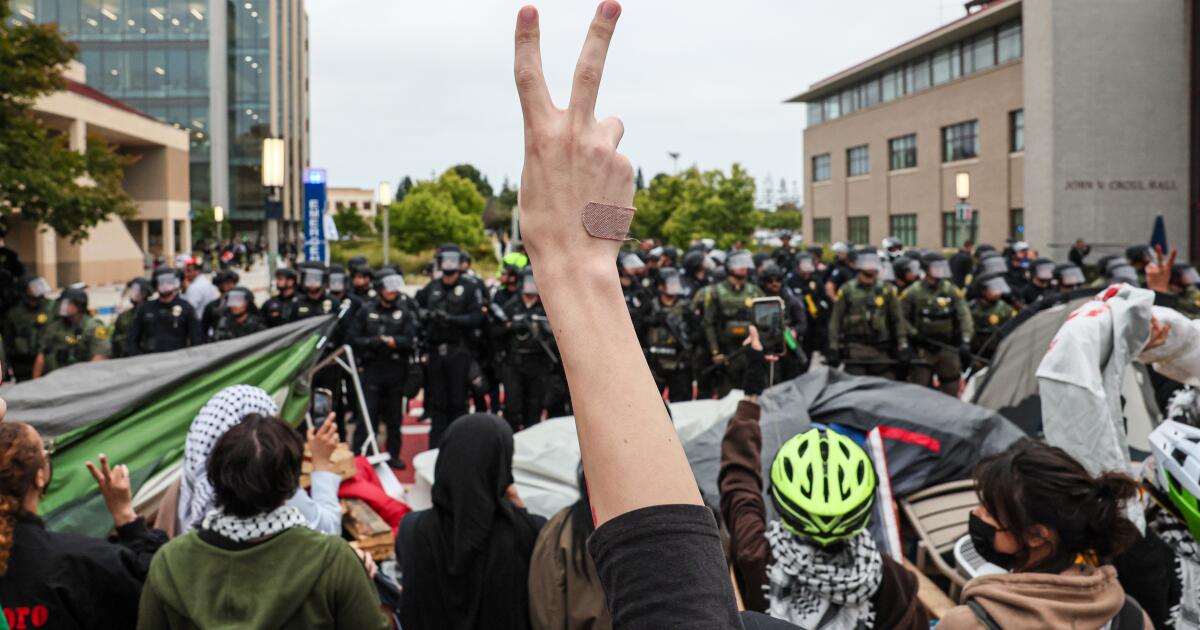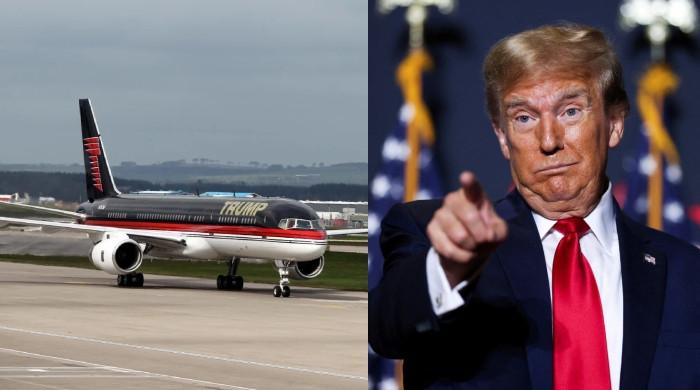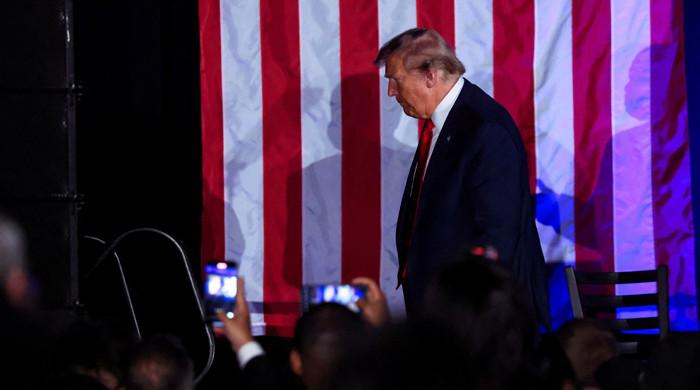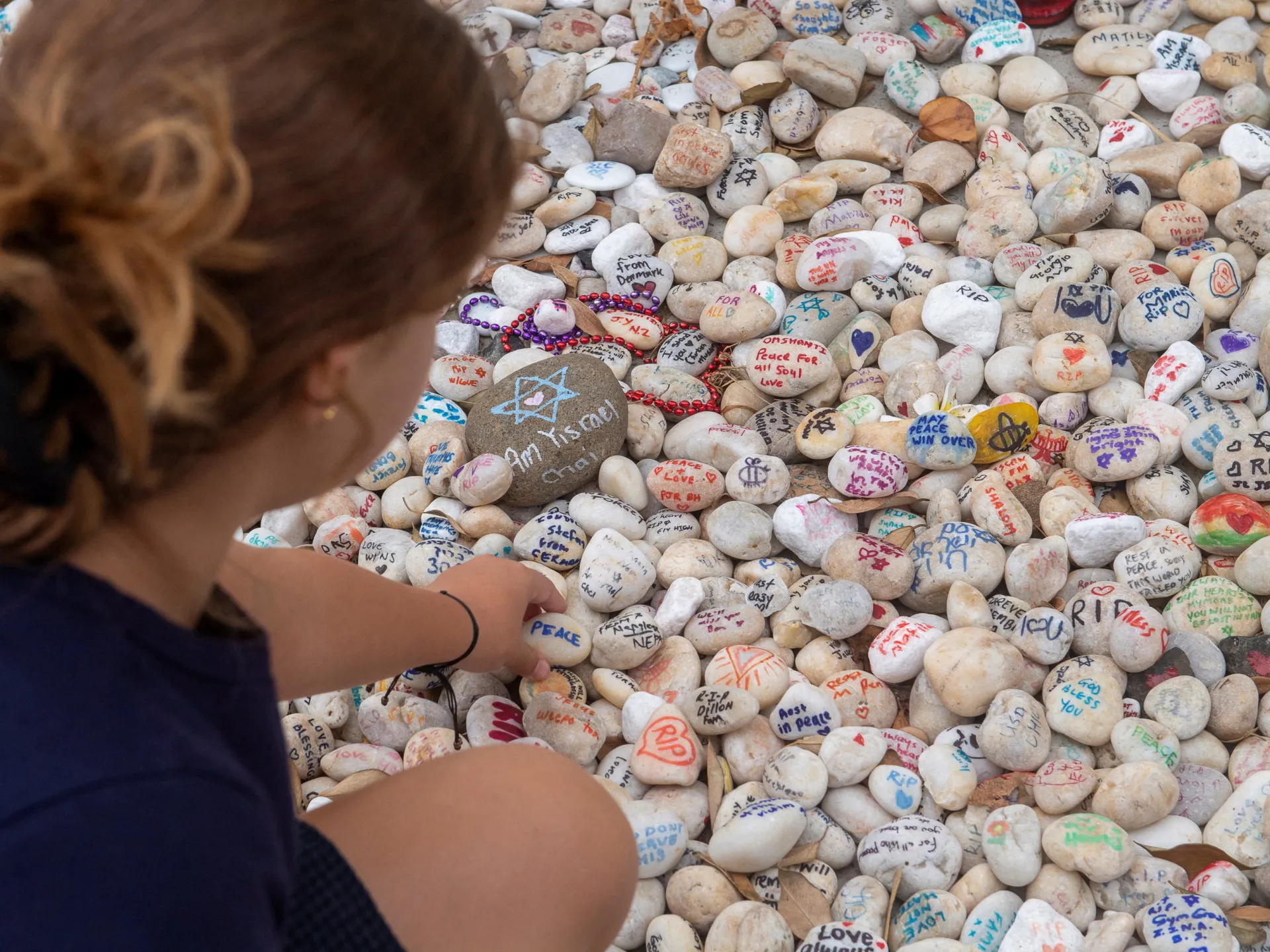The Supreme Court on Thursday upheld a California woman's drug smuggling conviction that was based in part on expert testimony that criminal gangs rarely use “blind mules” to carry drugs across the southern border.
In a 6-3 decision, the justices rejected Delilah Diaz's argument that the expert testimony was unfair and illegal because it strongly suggested to jurors that she must have known there were drugs hidden in her car.
Federal rules of evidence say an expert witness cannot express an opinion about a defendant's “mental state or condition,” but the judges said the expert's testimony about drug smuggling operations generally did not violate that rule.
Liberal Justice Ketanji Brown Jackson joined the court's majority of conservatives in the decision in Díaz v. USA. A former trial judge, he said experts often testify on both sides of the case.
“This same case illustrates the importance of mental state evidence to both sides in a criminal trial,” Jackson wrote in a concurring opinion. “The government expert opined (based on his nearly 30 years of experience as a special agent) that, 'under most circumstances,' drug traffickers know they are transporting drugs. …It is worth noting, however, that the government was not the only party to rely on this type of mental state evidence during the trial. Diaz called an automobile specialist, who testified that a driver of his particular car would almost certainly not know it contained drugs.”
In August 2020, Díaz, a U.S. citizen, was detained at a border crossing while returning from Mexico. When a Border Patrol agent asked her to roll down one of the car windows, she said she was manual. When she tried, she heard a “creaking sound at the door.”
When they pulled the car aside and searched it, officers discovered 56 packages of methamphetamine hidden inside the door panels and under the trunk mat. The methamphetamine weighed just over 54 pounds and had an estimated retail value of $368,550.
Diaz said the car belonged to her boyfriend and that she didn't know anything about drugs.
She was charged with drug trafficking and prosecutors had to prove to the jury that she knew she was transporting drugs.
They called Andrew Flood, a special agent with the Department of Homeland Security, who testified that in his experience, drug traffickers “generally do not trust large quantities of drugs to people who do not know they are transporting them.”
Díaz was found guilty and sentenced to seven years in prison. A federal judge in San Diego and the 9th Circuit Court of Appeals rejected his claim that the agent's testimony violated federal rules.
The Supreme Court agreed to hear his appeal, but on Thursday upheld his conviction.
“Because Agent Flood did not express an opinion about whether Diaz herself knowingly transported methamphetamine, her testimony did not violate” federal rules, Justice Clarence Thomas said for the majority. “An expert's conclusion that 'most people' in a group have a particular mental state is not an opinion about the defendant.”
Chief Justice John G. Roberts Jr. and Justices Samuel A. Alito Jr., Brett M. Kavanaugh, Amy Coney Barrett and Jackson agreed.
Dissenting, conservative Justice Neil M. Gorsuch said that “the government comes away with a powerful new tool in its pocket. Prosecutors can now put an expert (someone who apparently has the convenient ability to read minds) on the stand and let him talk about what “most” people like the defendant think when they commit a legally prohibited act. … No one knows what authority exists to allow that kind of farce in federal criminal trials, but it certainly cannot be found” in the federal rules of evidence.
Justices Sonia Sotomayor and Elena Kagan agreed with Gorsuch.
San Francisco attorney Hillary Irvin, a former federal prosecutor, said the decision “marks a dark day for criminal defendants.”
who “trust the court and the law enforcement function to exclude evidence that would virtually guarantee a verdict in favor of the government.”
But “in reality, juries rely on expert testimony to make critical decisions about a defendant's conduct,” Irvin continued. “Now, the government can present a witness to accompany jurors directly to a government verdict.”

